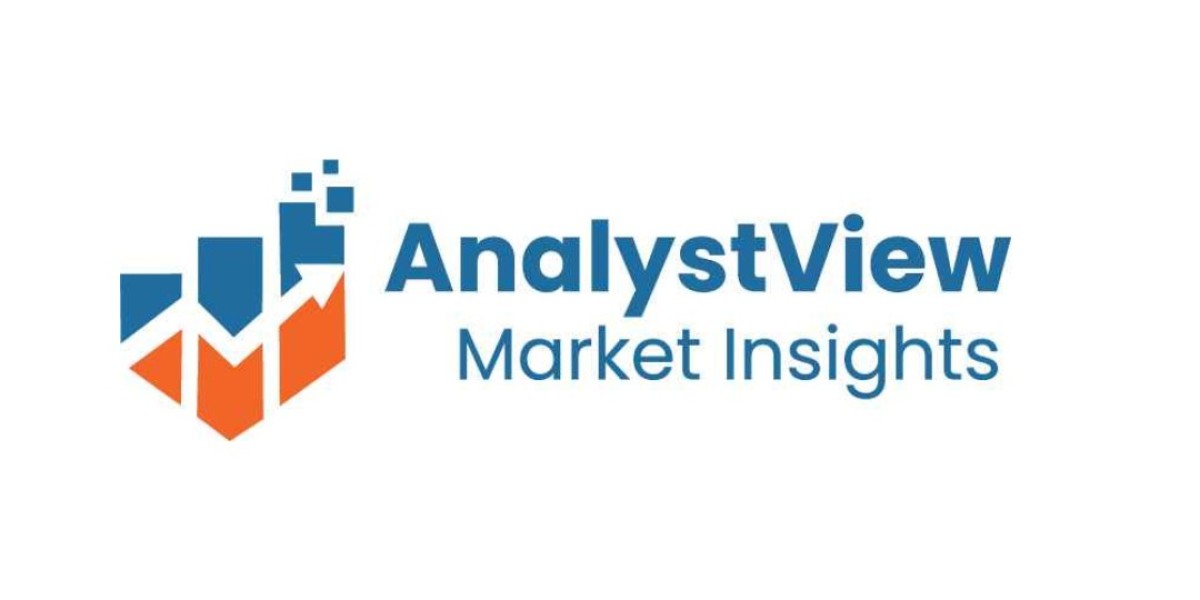The Electrolysis Merchant Hydrogen Generation Market is witnessing a significant surge driven by the global movement toward clean energy adoption and industrial decarbonization. Valued at USD 2,584 million in 2024, the market is projected to expand at a steady CAGR of 8.50% from 2025 to 2032. As countries intensify efforts to transition away from fossil fuels, electrolysis-based hydrogen has emerged as a vital enabler of sustainable industrial processes. For more insights into market dynamics, readers can refer to the Electrolysis Merchant Hydrogen Generation Market research page.
Electrolysis: Powering the Next Generation of Clean Hydrogen
Electrolysis, which splits water into hydrogen and oxygen using electricity, is becoming increasingly important as the world prioritizes low-carbon technologies. When powered by renewable energy sources such as solar, wind, or hydropower, electrolysis produces “green hydrogen”—a clean, emissions-free alternative to conventional fossil-fuel-derived hydrogen.
The merchant hydrogen model enables large-scale production and sale of hydrogen to various end-use sectors without requiring on-site generation equipment. This flexibility allows industries to adopt hydrogen solutions quickly without major infrastructure changes.
Growing investments in renewable energy, government incentives promoting green hydrogen, and declining costs of electrolyzer technologies are accelerating adoption across multiple sectors.
Industrial Demand Drives Market Expansion
Hydrogen produced through electrolysis is increasingly being used across major industrial applications:
Petroleum Refinery
Refineries use hydrogen for processes such as hydrocracking and desulfurization. As sustainability mandates tighten globally, refinery operators are shifting from grey hydrogen (produced from natural gas) to green hydrogen to reduce emissions and meet new regulatory standards.
Chemical Industry
Hydrogen is a core feedstock in ammonia, methanol, and specialty chemical production. Electrolysis-based hydrogen provides a pathway for chemical manufacturers to significantly cut carbon footprints while maintaining product consistency and efficiency.
Metal Processing
Metal industries rely on hydrogen for heat treatment, reduction, and annealing processes. Green hydrogen is emerging as a cleaner replacement for natural gas and coal-based reductants, especially in steel manufacturing.
Others
Additional sectors—including electronics, food processing, energy storage, and transportation—are also exploring hydrogen solutions as part of wider sustainability strategies.
Major Players Shape Market Competitiveness
The competitive landscape of the Electrolysis Merchant Hydrogen Generation Market includes several globally recognized players focused on scaling production, advancing electrolyzer technologies, and expanding distribution networks. Key companies include:
Air Liquide
H2B2
ITM Power
McPhy Energy
Nel Hydrogen
Siemens Energy
These organizations are heavily investing in high-capacity electrolyzer systems, modular hydrogen production plants, and cross-sector partnerships to supply clean hydrogen at competitive prices. Many are also participating in government-funded green hydrogen projects, further strengthening their market position.
Geographical Trends Highlight a Strong Global Uptake
The adoption of electrolysis-based hydrogen generation varies across regions but demonstrates strong potential worldwide.
North America
Rising climate-related legislation, investments in clean energy infrastructure, and government incentives are driving the construction of large-scale green hydrogen facilities. The U.S. in particular is leveraging hydrogen to decarbonize refineries, transportation, and power generation.
Europe
Europe continues to lead global hydrogen development, supported by the EU Hydrogen Strategy, net-zero mandates, and extensive renewable energy projects. Countries like Germany, Netherlands, Spain, and France are at the forefront of electrolysis deployment for industrial use.
Asia-Pacific
Rapid urbanization, expanding renewable energy capacity, and industrial growth are propelling hydrogen adoption across China, Japan, South Korea, India, and Australia. Asia-Pacific is expected to be the fastest-growing region during 2025–2032.
Middle East & Africa
Oil-rich nations such as Saudi Arabia and UAE are making large-scale investments in green hydrogen to diversify energy portfolios and strengthen export potential.
Market Drivers: Sustainability, Energy Security, and Policy Support
Several factors are working together to accelerate the growth of electrolysis merchant hydrogen generation:
Global decarbonization commitments requiring low-carbon industrial inputs
Large-scale renewable energy expansion enabling cost-effective electrolysis
Government incentives and hydrogen roadmaps boosting project development
Increasing corporate ESG commitments supporting clean hydrogen adoption
Declining electrolyzer costs driven by technology improvements and mass production
These drivers are pushing industries to transition from conventional hydrogen production to cleaner electrolysis-based methods.
Future Outlook: Competitive Pricing and Scaled Deployment
Between 2025 and 2032, the electrolysis merchant hydrogen market is set to benefit from major technological advancements such as high-efficiency PEM electrolysis, solid oxide electrolyzers, and hybrid renewable-hydrogen plants. Scaling up production will play a key role in reducing hydrogen prices, making green hydrogen more cost-competitive with grey hydrogen.
Infrastructure development—including pipelines, storage systems, and hydrogen refueling stations—will further unlock new commercial opportunities. As governments strengthen hydrogen mandates and industries commit to carbon neutrality, demand for merchant hydrogen is expected to grow rapidly across sectors.
The shift toward clean hydrogen is no longer a distant initiative but a global priority fueled by a strong industrial and environmental necessity. For more detailed insights and forecasts, readers can request the sample report for the Electrolysis Merchant Hydrogen Generation Market.
Browse more Report:
Electroencephalography Systems Market
Cell Therapy Technologies Market








